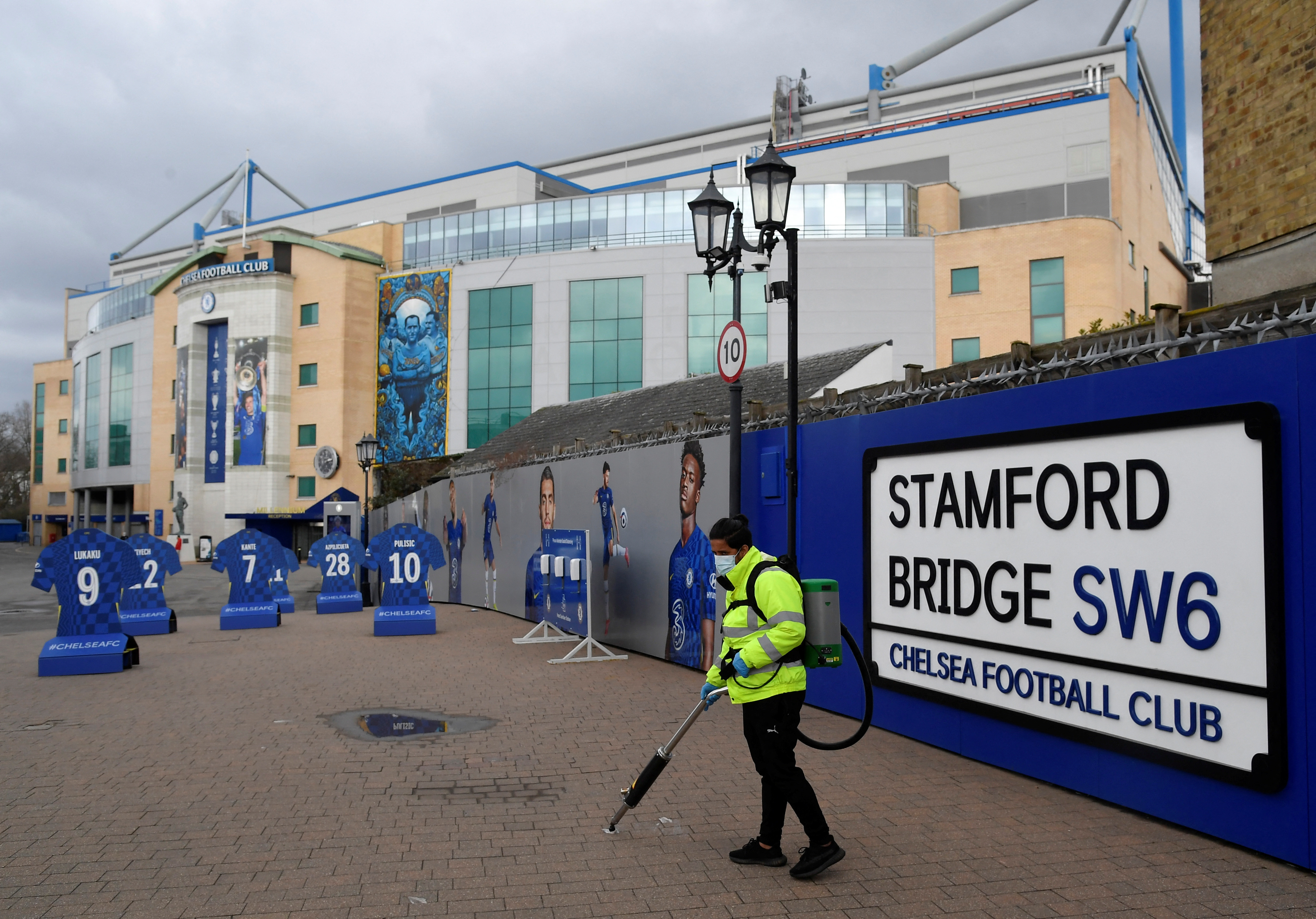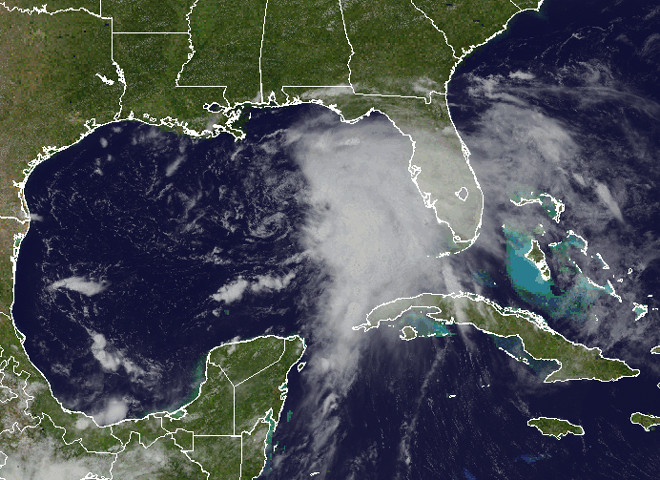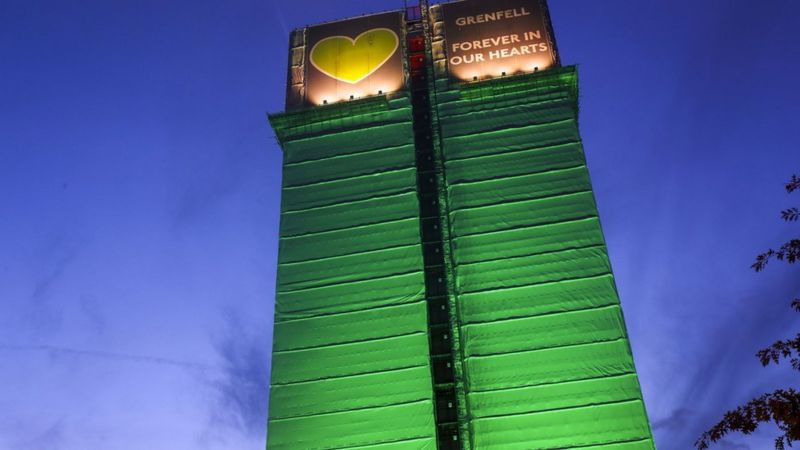A council in a Spanish city swarming with tourists has now been allowed to stop the water supply to "illegal" holiday apartments as the local discontent with overtourism intensifies. In Seville, a total of six tourist rentals have been cut off from their water already, with officials suggesting up to 5,000 unauthorized apartments exist, on top of the 10,000 legal ones.
This situation has sparked serious worries amongst apartment owners, many of whom are based overseas, being told by authorities that their water connections will be restored only if they can prove the properties are used as bona fide residences.
Seville’s Stance Against Illegal Tourist Apartments
A court in Seville, southern Spain, has affirmed the city council’s authority to cut off water supplies to illegal tourist apartments. This ruling is part of the city’s ongoing efforts to regulate the booming short-term rental market and address the concerns of local residents.
Over the past year, Seville’s city council has disconnected water supplies to six illegal tourist apartments. Although three of the property owners appealed the decision, the judge upheld the council’s actions, citing the complaints of neighbors about noise and disturbances. The court emphasized that these properties were not the primary residences of the owners, supporting the council’s stance.
The city council estimates there are around 5,000 illegal tourist apartments in Seville, in addition to the 10,000 that have been officially licensed. Water supply to these apartments will only be restored once they revert to being normal residences. Since the end of the COVID-19 pandemic, Seville, with a population of 700,000, has been receiving approximately 3.5 million visitors annually, most of whom flock to the historic city center.
In a new measure, the council has decided that the agencies managing these illegal apartments will be held accountable, as many property owners live abroad and are difficult to reach.
Overtourism and Housing Crisis
It is unlikely this radical approach will be adopted by other Spanish destinations popular with tourists. Yet inhabitants of major cities like Madrid, Barcelona, and Valencia are raising concerns about skyrocketing rental prices driven by foreign tourists, significantly depleting housing options for locals.
Data obtained by The Guardian shows that in Madrid, an astonishing 92% of over 13,000 listed apartments may be unsanctioned, while Inside Airbnb, an activist organisation, suggests there might actually be around 25,000 holiday flats in the capital.
In Barcelona, Mayor Jaume Collboni has announced that roughly 10,000 authorized tourist apartments will not have their permits renewed come 2028, signalling a future ban on second homes in the heart of Catalonia, reports the Express.
The latest figures released in April reveal a stark disparity in accommodation in Madrid, with a mere 8,034 apartments available for residents in contrast to over 14,000 tourist flats.
This imbalance has spurred recent protests against the surge in mass tourism across the Canary Islands, which have spread to Mallorca, Granada, Malaga and Barcelona. Concerns among some experts are growing that this resentment could ignite similar reactions in other countries where rental prices are being driven higher by tourist demand.
Speaking to The Guardian, Peter DeBrine, Unesco's senior project officer for sustainable tourism, commented: "What we're seeing is that we're breaching a threshold of tolerance in these destinations. It's really trying to rebalance the situation. It's totally out of balance now."
Protestors in Spain brandishing slogans such as "Tourists go home" and "You are not welcome," reveal the underlying tension, while in Malaga, doors of holiday lets bear stickers proclaiming "A family used to live here" and "Go home".
A Call for Action
In response to growing public discontent, large protests against mass tourism erupted in the Canary Islands in April, sparking similar demonstrations in Mallorca, Granada, Málaga, and Barcelona. Even conservative local councils, which had previously dismissed such protests as “tourismphobia,” have been compelled to take action.
In the Balearic Islands, the ruling conservative People’s Party (PP) has been forced to establish a cross-party group to reconsider the tourism model, as the islands, home to 1.2 million residents, hosted nearly 18 million visitors last year.
Valencia, currently governed by the PP and the far-right Vox party, has implemented a moratorium on new licenses for tourist apartments and plans to crack down on illegal rentals. In Madrid, where the PP government has taken limited action, it is estimated that 92% of the 13,502 tourist apartments are illegal. The platform Inside Airbnb, which monitors the tourist apartment market, suggests the actual number could be closer to 25,000.
In April, real estate figures revealed that there were only 8,034 apartments available for long-term rent in Madrid, compared to 14,133 tourist flats. In Barcelona, Mayor Jaume Collboni announced in June that all tourist apartments would be effectively banned by 2028 when the 10,000 legal apartments will not have their licenses renewed. However, this decision faces legal challenges from powerful landlords who dominate the market. Meanwhile, housing inspectors in Barcelona are struggling to keep up, detecting an average of 300 illegal flats each month.
The newly sworn-in socialist-led Catalan government has declared that housing will be a top priority, signaling potential further regulatory measures.
This ruling in Seville marks a significant step in the city’s efforts to manage the impact of overtourism and protect the quality of life for its residents. Whether other cities will follow suit remains to be seen, but the pressure is mounting as local populations demand solutions to the challenges posed by the explosion of the short-term rental market.

















